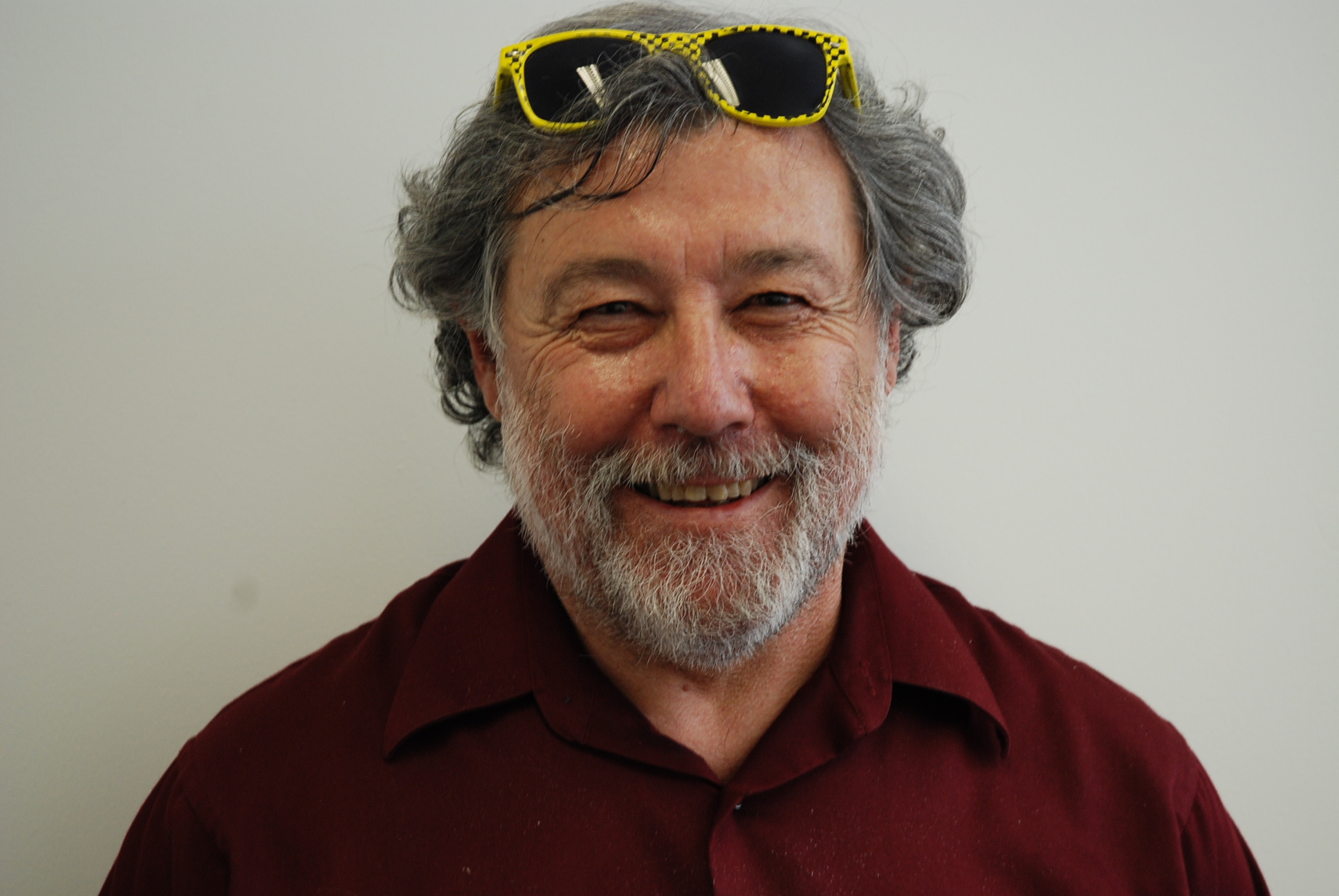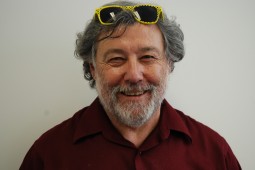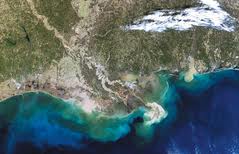
Tackling “forever chemicals” in tap water (start time: 6:11): In this week’s science show we discuss the scientific findings and societal implications of a new study showing of dangerous PFAS (per- and polyfluoroalkyl substances) in treated wastewater that ends up in the drinking water of more than 20 million Americans. We also explore the public health risks of these cancer-causing and otherwise toxic compounds–found in so many consumer products, including water-resistant clothing–and what’s being done on the national, state and local fronts to protect source water and our health. Listen to host Susan Moran’s interview with Kate Dunlap, the drinking water quality manager for the City of Boulder; and Bridger Ruyle, a research assistant professor of environmental engineering at New York University and lead author of the new PFAS study.
Show Producer/Host: Susan Moran
Engineer: Jackie Sedley
Executive Producer: Beth Bennett
Headline contributors: Beth Bennett, Joel Parker
Listen to the show here:
Podcast: Play in new window | Download (Duration: 27:34 — 37.9MB)
Subscribe: RSS



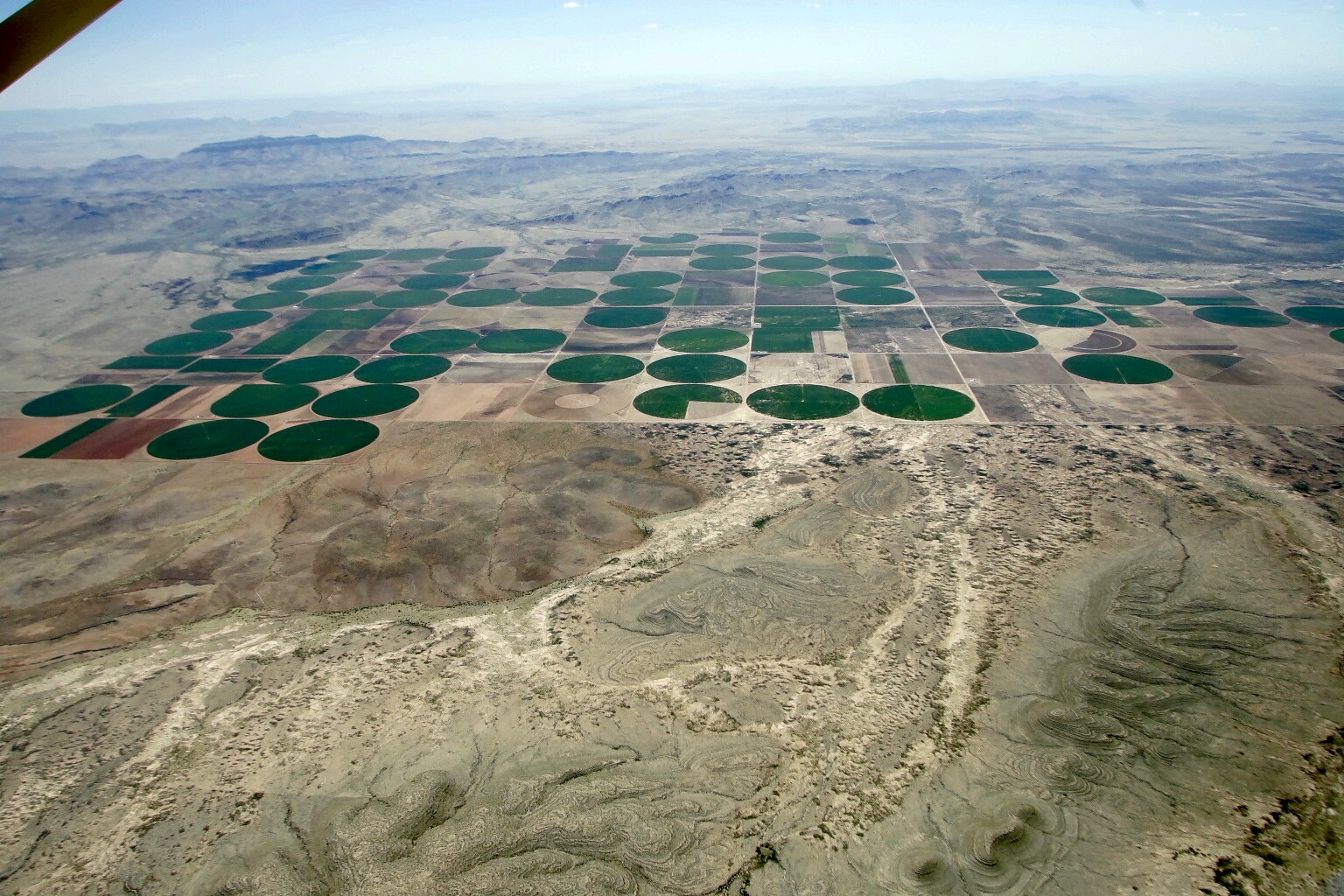

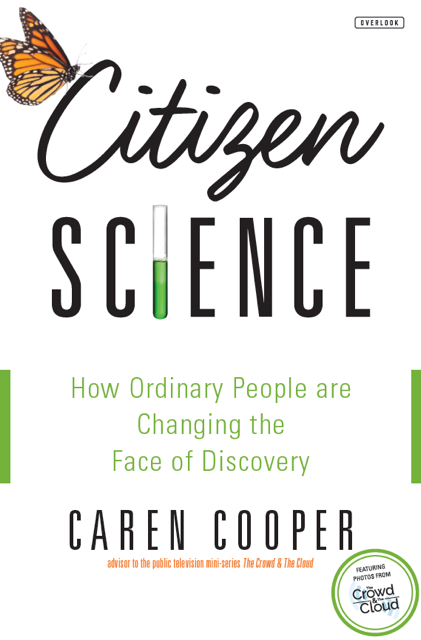
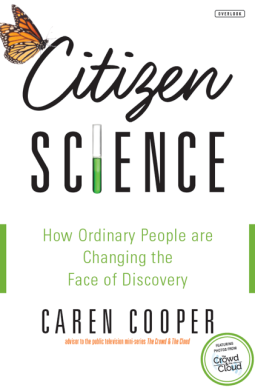 Citizen Science (start time: 5:32): For those who would love to track birds and other creatures or to test drinking water quality in their community, for instance, but think it would require a degree in science to contribute to important scientific discoveries, our guest today aims to set the record straight.
Citizen Science (start time: 5:32): For those who would love to track birds and other creatures or to test drinking water quality in their community, for instance, but think it would require a degree in science to contribute to important scientific discoveries, our guest today aims to set the record straight. 